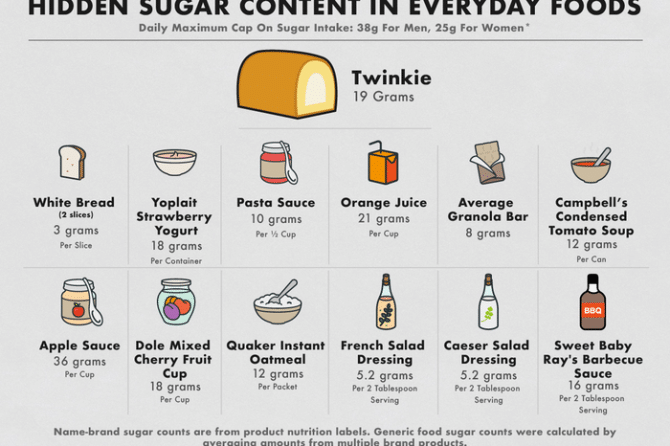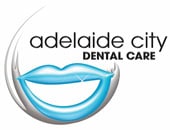
Spring weather has been amazing! Keeping you up to date about our goings on you may have heard us talking about the saga of the compressors. The compressors run all our equipment and had done a mighty job for over 30 years until August when one decided to pack it in. In mid-September they were replaced by the crew from Dental Concepts. It was a fun Saturday lugging big, bulky and heavy equipment down and up the tiny lift and even better stairs to the plant room on the 5th Floor. Beers were offered and beers were drunk! Dr Stone thinks the crew most definitely deserved the sugar load!
In talking about sugar most of us are aware of the association between sugar in our diet and the risk of dental decay (the dreaded ‘HOLE!’), however there are many ‘hidden’ sugars in the everyday foods and drinks we consume that may be putting us at higher risks of getting holes in our teeth.
Some foods and drinks that include these hidden sugars include things like:
Tomato and pasta sauces, condiments, and dressings
Packaged breakfast cereals and muesli bars
Yoghurts, especially flavoured
Fruit juices and dried fruits- these often have concentrated natural sugars
Alcoholic drinks and mixers
‘Low fat’ meals that have more sugar to compensate the flavour
White and whole wheat bread
Weightloss shakes! (Think Fructose)
Sometimes sugar can be harder to spot in things we eat- look for these ingredients in items that may have a higher level of sugar in them: Syrup(s), fructose, honey, rice malt, nectar, molasses, and watch out for foods that claim ‘NO ADDED SUGAR’ as these often still contain very high levels of natural sugars!
Thankfully we now have many teeth friendly sugar-free and reduced sugar options that we can look for in our diet and snacks that can greatly reduce the risks of dental decay, as well as general medical conditions like diabetes. Stevia- another plant-based sugar that is a lower decay risk, Xylitol, sorbitol, malitol, and isomalt, which are sugar substitutes that do not “feed” the bacteria in the mouth and produce decay-causing acids. Sugar free gum and sweets are a great way to reduce dietary sugars, and as a bonus chewing sugar free gum helps to stimulate decay fighting saliva when used after meals.
With so many things we eat and drink containing high levels of sugar, it can be difficult to cut out excess sugar in our diets. A great way to do this is to reduce the amount of added sugar and sugar items slowly/gradually. If you drink tea or coffee with sugar reduce the amount you are adding each day over a few weeks and eventually you will not miss it. Use whole foods in preference over processed and canned foods. Trying sugar alternatives or artificial sweeteners in your meal preparation.
Don’t forget to make the most of your dental health fund benefits before the end of the year too. See you in the clinic! The Adelaide City Dental Care Team. PS: check out our socials (Facebook, LinkedIn, Instagram) for top tips for teeth, mouth and gums and dental family snaps! Maybe even the latest video on YouTube.
Leave a reply